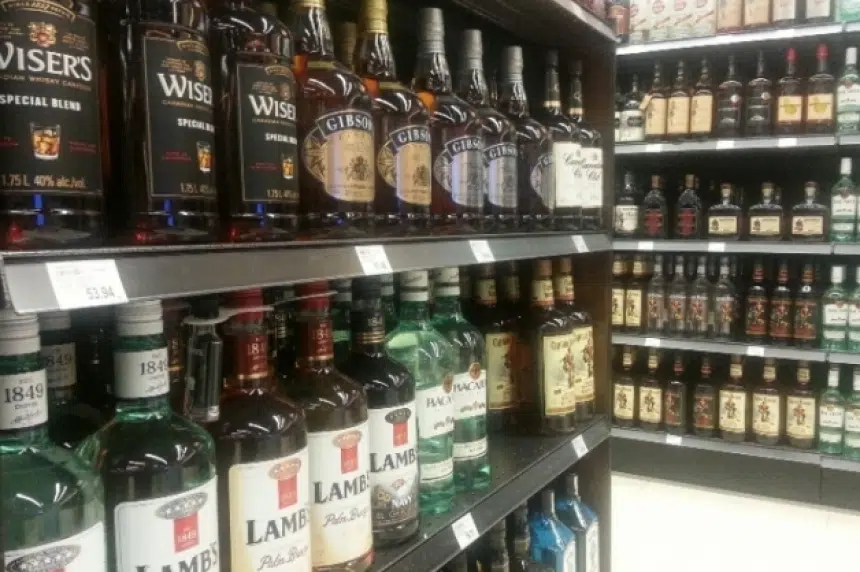Saskatoon-based Federated Co-operatives Ltd. (Co-op) is calling for a meeting with Premier Brad Wall after the latest round of private liquor store licenses were doled out this week.
Co-op applied for 30 of the 50 new licenses, winning the rights to operate 14 rural locations.
But the company was shut out of Saskatoon and Regina.
During an appearance Friday on Gormley, Co-op executive vice-president Vic Huard said the company’s issue is that out-of-province firms have been awarded the lion’s share of potential revenues.
“The total potential market of those co-operatives getting those (rural) licenses is about $18.5 million.
One single location in Saskatoon’s potential market is $19 million,” he said.
Huard said the total potential revenue of the five licenses awarded between the two biggest cities sits at somewhere around $120 million.
“These are revenues, the profits of which are going to leave the province, it’s as simple as that.
And it seems an odd time to make those kind of decisions. This province is going through some challenging times, we know that,” Huard said.
Sobey’s, based in Nova Scotia, got licenses for one location in each of Saskatoon and Regina.
The other licenses in those cities were split between Metro Liquor out of British Columbia and Alberta-based Liquor Stores North America.
Including the new licenses, Sobey’s would have two liquor stores in each of Saskatoon and Regina.
Co-op would be left with one liquor store in Saskatoon, which it opened in 2014.
Huard said Sobey’s is being given what amounts to an effective monopoly.
He said Co-op wants to sit down with the Premier to ask the government to reconsider its decision.
He insisted Co-op isn’t looking for a monopoly of its own.
“We’re just simply asking for a reconsideration of this, whether or not there’s an opportunity to re-balance the equation,” he said.
Jeremy Harrison, minister responsible for the Saskatchewan Liquor and Gaming Authority, told Gormley it was unlikely the province would re-consider who got licenses.
“This process was entirely arms-length.
This was adjudicated by (accounting firm) KPMG and by senior officials at SLGA,” he said, adding that winning bids in the cities came through the process scoring significantly higher than their competition.
Harrison said he didn’t think it would be right to favour a Saskatchewan-based company, in light of Canada’s various internal trade agreements and partnerships.
“Federated Co-op operates in a number of provinces across the country.
And I know they expect fair treatment from provincial governments in those parts of the country that they wouldn’t expect the playing field to be tilted in the favour of, perhaps, a local company in another jurisdiction.”











